Today I thought I’d share with you 3 books on writing that helped me become a better writer. All of these books changed my writing forever. I’ll tell you a bit about them too, and why they may be of use to you in your quest to become a better writer.
Stein on Writing
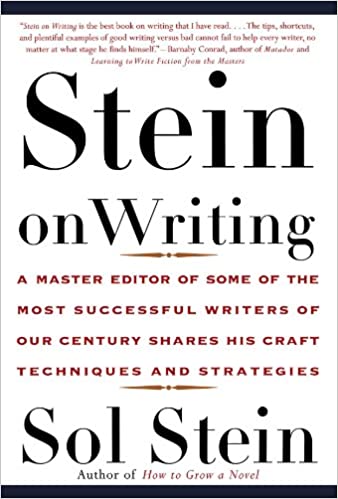 I stumbled upon this book during one of my frequent bouts of despair. Often in those times, to battle the helplessness, I’d take to Amazon and scour the pages for books on writing. Learning something new helps me when I’m feeling stupid. Stein on Writing is one book that I came to quite late on. I wished I’d found it sooner.
I stumbled upon this book during one of my frequent bouts of despair. Often in those times, to battle the helplessness, I’d take to Amazon and scour the pages for books on writing. Learning something new helps me when I’m feeling stupid. Stein on Writing is one book that I came to quite late on. I wished I’d found it sooner.
Sol Stein isn’t just an excellent writer of several bestselling novels, he’s a master editor of scores of bestselling and critically-acclaimed novels too. In short, he knows his stuff.
Stein on Writing is a comprehensive guide to not just fiction writing, but non-fiction too. As a lecturer of creative writing, Stein knows the best ways to deliver information. His examples are illustrative and memorable, his exercises deliver lasting results and his methods and techniques, such as the secret snapshot approach, I now use in every story I write.
Stein taught me some core fundamentals, namely the importance of first sentences, paragraphs and pages, building and maintain tension and suspense, creating conflict, writing dialogue, and tapping into the deepest, darkest secrets of my characters. Without a doubt, I’d be a worse writer now if I hadn’t have read this book.
It was while reading Stein on Writing that I saw reference to another writer. Repeated references in fact. It piqued my interest. Who was this mysterious Lajos Egri that Stein kept harping on about? Egri this and Egri that… the sun shined out of his backside, or so it sounded. At first, I paid it no heed, but I highlighted the comments, the orange ink fading with overuse.
As I often do, I keep coming back to my books on writing when I run into quandaries. And on this day, I’d encountered one of the thematic variety. Stein offered his usual sage advice, but references to Egri were everywhere. I wondered, why not cut out the middle man here? Why not learn from the mentor of my mentor?
I took to Amazon in search of a reasonably priced copy. A few days later, I sat down to read The Art of Dramatic Writing, and everything changed forever.
The Art of Dramatic Writing
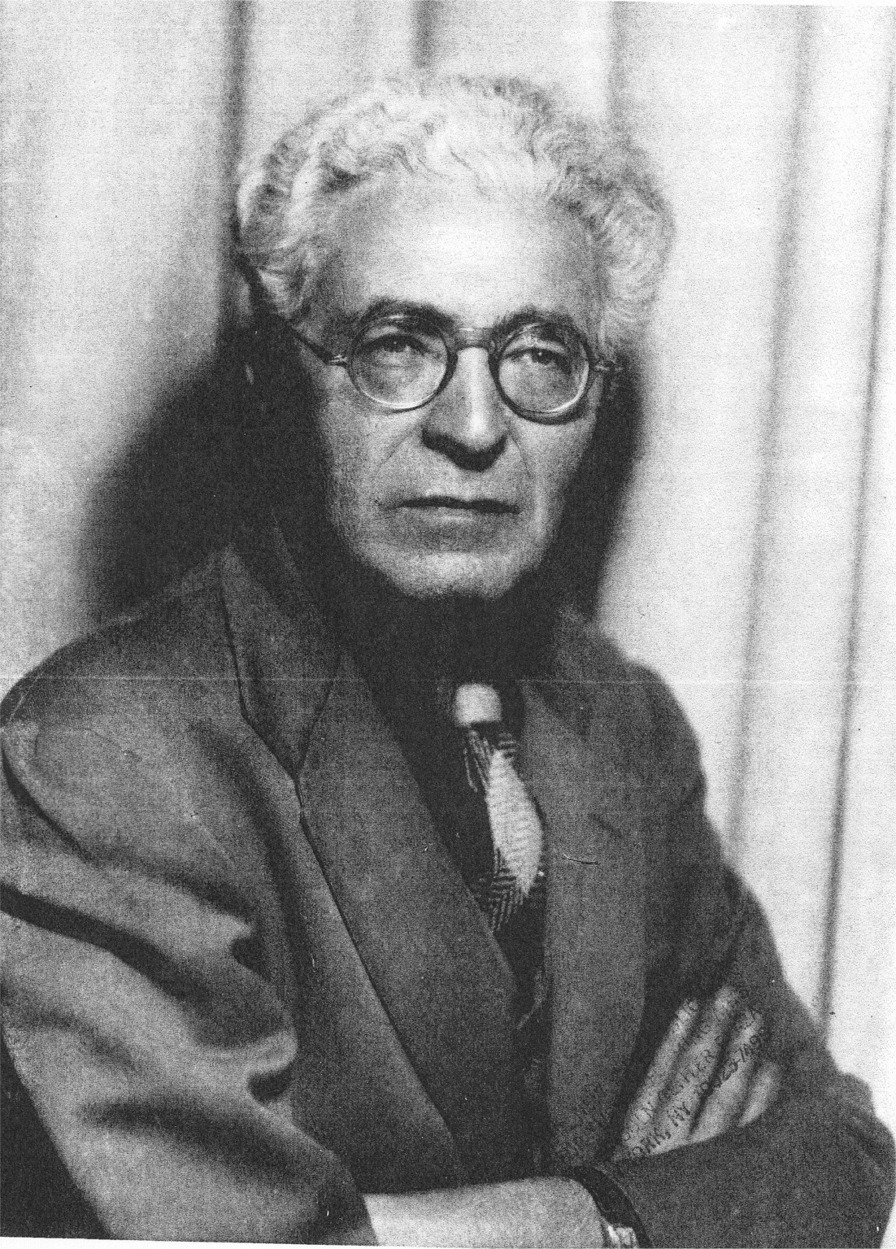 Lajos Egri was a rather stern-looking Hungarian playwright whose thoughts and theories on storytelling, not just on-stage but in the written form too, are considered nothing short of genius. He published The Art of Dramatic Writing in 1946. Its words are still just as applicable to storytelling today as they were back then.
Lajos Egri was a rather stern-looking Hungarian playwright whose thoughts and theories on storytelling, not just on-stage but in the written form too, are considered nothing short of genius. He published The Art of Dramatic Writing in 1946. Its words are still just as applicable to storytelling today as they were back then.
My biggest weakness when it comes to writing has always been theme. My excitement to write was fuelled by ideas for plots and characters: this would be cool, that would be crazy, wouldn’t this be interesting? A framework’s needed to not only keep all of these ideas in check but to help find their rightful place in the story. It’s like building a wall with a certain number of bricks. Only the right sequence of bricks will perfectly complete the wall. Each brick represents a piece of the story, and the mortar holding it all together is the theme, or a more precise term according to Egri, the premise.
The premise is the point of the story. It’s what the whole venture is about. The reason driving you to scribble thousands of words, to invest creative energy in weaving characters into being, at creating obstacles and conflicts for them to overcome. At the end of it all, what truth are you seeking to establish? What point will you prove? To know this, Egri says, is vital, for if you don’t know where you’re going, how do you know which way to go?
It was Egri’s theories on premise that first won me over. Nobody had ever explained this aspect of writing to me so well before. Every word, every sentence furthered my understanding. I felt as if I was finding something I’d searched far and wide for.
Egri’s approach to characterization is just as fascinating as premise. His ‘bone structure’ theory I use when constructing all of my characters now. He’s someone who knows humanity’s truths, from love to loyalty, death to despair. Reading his thoughts on character broadened my perspectives. I better-understood man’s thinking, their processes, their reactions. Egri knows all of this and shares it in succinct sentences that always leave you wanting more.
 Egri was a great believer in the power of conflict, the fuel that drives character and plot. He sets out in tremendous detail ways of creating, generating and developing conflict. Egri was such a big believer in the power of characters and conflict that he doesn’t afford more consideration to plot at all in the book. Instead, Egri believed that plot was born of the two. That first a writer must understand their characters to know how they will react when faced with an obstacle of conflict. It’s an interesting approach and one I’ve found hugely beneficial.
Egri was a great believer in the power of conflict, the fuel that drives character and plot. He sets out in tremendous detail ways of creating, generating and developing conflict. Egri was such a big believer in the power of characters and conflict that he doesn’t afford more consideration to plot at all in the book. Instead, Egri believed that plot was born of the two. That first a writer must understand their characters to know how they will react when faced with an obstacle of conflict. It’s an interesting approach and one I’ve found hugely beneficial.
The Art of Dramatic Writing gave me some key tools and skills I needed to help me reach the next level, but something that always held me back was doubt. Never did I, and rarely still do, feel that I am good enough at writing. Doubt is a troublesome and corrupting bastard and one that has to be challenged head-on. It’s difficult to find the courage to do so sometimes. But encouragement isn’t far away, particularly if you have Letters to a Young Writer close to hand.
Letters to a Young Writer
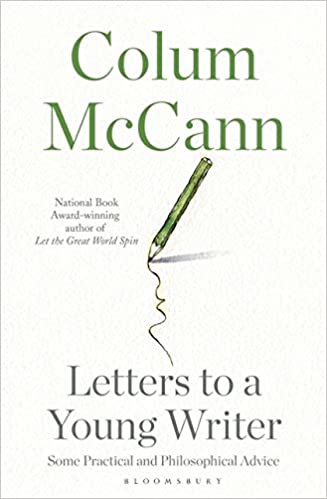 Colum McCann is an award-winning Irish writer with a refreshingly original and highly creative style. He’s penned several bestsellers, and Letters to a Young Writer I think should be up there among them.
Colum McCann is an award-winning Irish writer with a refreshingly original and highly creative style. He’s penned several bestsellers, and Letters to a Young Writer I think should be up there among them.
This is a book I feel that every writer should have close to them for those inevitable dark days. The days when despair comes round for a cup of tea. Helplessness shows up and starts rummaging through the fridge. And amongst the commotion, doubt sneaks in through the window and is sitting on the couch, giving you the finger.
Writing advice so often focuses on the technical aspects. Do this, don’t do that, and by god, never, ever do that. Knowing how to write, and to write well, is half the battle. The rest lies in the mind of the writer. The determination to sit down and scribble when a Netflix binge beckons. To read over the same story a dozen times, and still be determined to read over it again despite your growing hatred for it. To lament at the lack of recognition, even from family and friends. To somehow keep on going when so often it all feels so pointless.
Letters to a Young Writer is the fuel you need to stoke the flames of hope when they’re dwindling. Colum McCann is a fine writer with a masterful handle of words, and in his short book, he uses them to uplift and inspire. Do not be fooled by the title. Age has nothing to do with it. It’s for writers in the youth of their careers, to give them that reassuring pat on the back to help them persevere and struggle on, even when giving up seems the much more sensible option.
This philosophical little book covers everything from first lines, music, punctuation, reading aloud, getting an agent, and not being a dick. It’s packed with lots of little takeaway quotes, and here are some of my favourites…
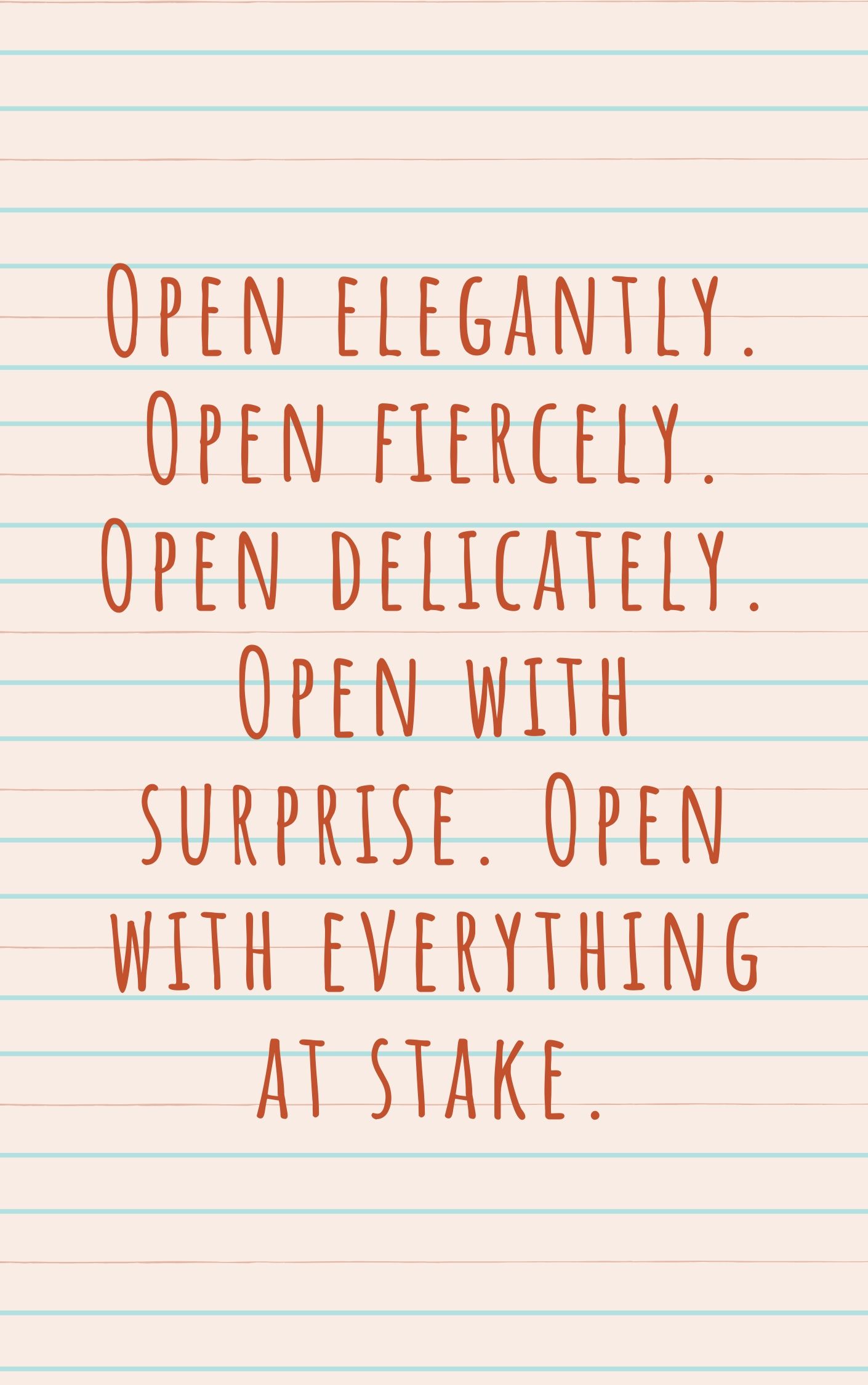
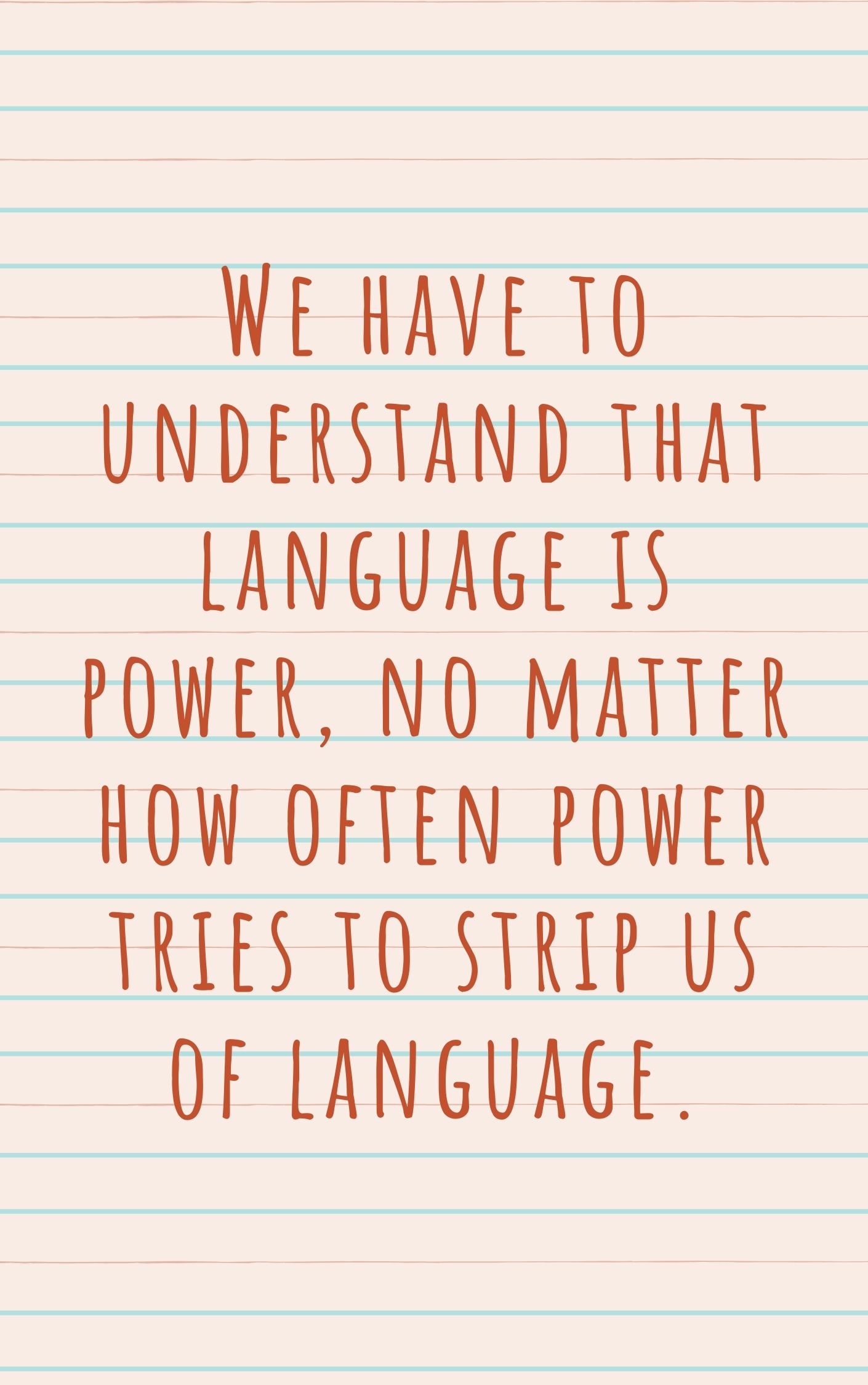
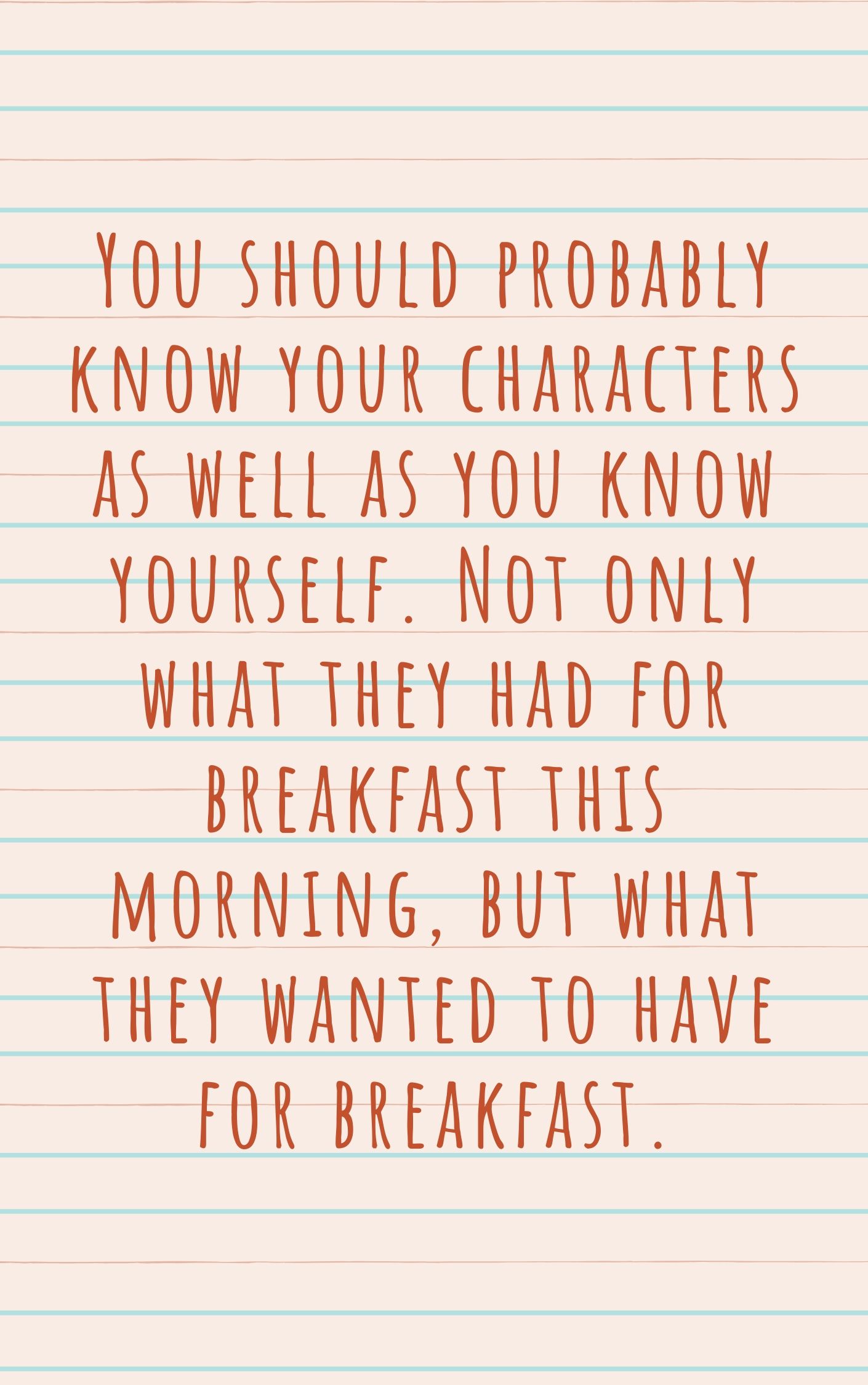
Thank you so much for reading. If you’re keen on improving your writing I couldn’t recommend these books more highly. They each bring something the other doesn’t and will hopefully help you as they helped me.
What books on writing have helped you? Please share in the comments below!
More Guides On Writing
If you’d like to read up some more on how to become a better writer, I’ve got plenty of guides you may find useful, links below!
- 5 Tips to Help Your Child Learn and Succeed at Primary School - February 26, 2024
- The Advantages Of Using An AI Essay Typer Alternative - February 14, 2024
- Advice On Getting Help With Your Homework - January 26, 2024
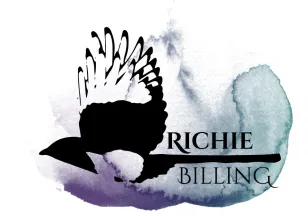


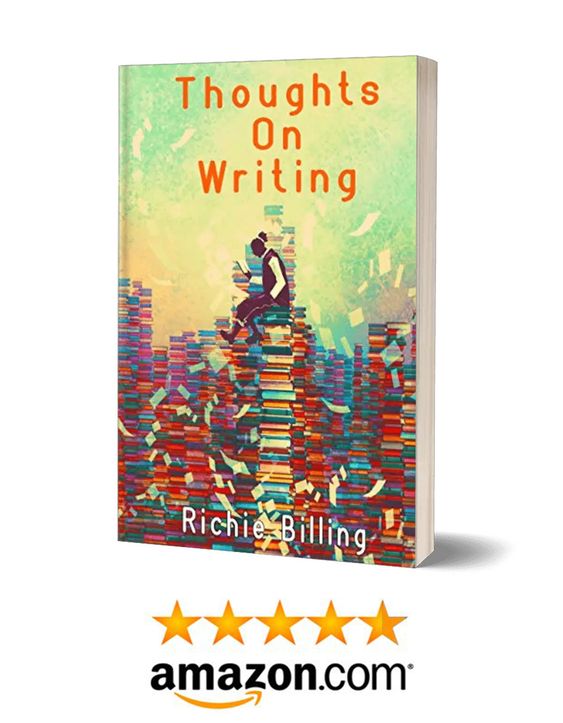
I still need to read all three of these. Thanks for the reminder.
They helped me out a bunch!
I am taking a look at The Art of Dramatic Writing. Thanks for these recommendations!
You’re very welcome! I hope you find it useful
Thanks for the craft book recs. Two of my favorites are Verbalize, by Damon Suede, and Story Genius, by Lisa Cron. Both offer a deep dive into characters’ motivation and inner wounds/void.
Hiya Rhonda! Thank you. I’ve not heard of either of those and I love nothing more than a book on writing so I shall certainly check them out. Thank you for the rec!
What a great list, and your reviews are excellent. I’ve heard of Stein on Writing but never did anything. Why didn’t I?! Thanks for this.
Thank you Jacqui! I’m delighted to hear you found it useful. If you get any of them, get Egri’s book. It’s definitely my favourite
I’ve been hunting for a few writing books to read! Can’t wait to check these out.
Hope they help you out!
Thanks for the suggestions.I’m always learning about how to write! Always. Bird by Bird by Anne Lamott was the one that kept me writing when I was in despair.
JQ Rose
Hi JQ! Thank you for stopping by. I’ve not heard of that book but it sounds excellent. Thank you so much for sharing it!
Thank you for this! I was just researching some writing books to read while staying safe at home. Good timing!
No problem! These three will serve you well!
Great recs! I’ll have to check them out 🙂
Thanks! They helped me no end!
Thanks. I’ve read one of them and I’ll add the other two to my list. 🙂
Anna from elements of emaginette
You’re welcome! Which one have you read?
The Art of Dramatic Writing, but it was a while back. 🙂
These look fantastic, and I’ve never heard of any of them. Thank you for pointing me their way! I appreciate the really detailed reviews, and I’ve now added these to my reading list.
Thanks Jimmy! Glad you found it useful. They’re all excellent books. I hope you find them as useful as I did.
I haven’t read these yet. I’m going to have to check them out. Thanks for sharing!
That first graphic is such a powerful quote. Love it. I’m so sorry I’m late visiting a lot of people’s blogs this month! Thanks for pointing me toward some writing books I hadn’t heard of. I’ve read the first, but not the other two, and my library just happens to have them, so when my library opens again, you know, in a year or so, I’ll get to read them! 🙂 I’ve got so many writing books on my shelves to occupy me until then. And congrats on your upcoming release. That is really exciting.
It’s great isn’t it? That book is full of them. Well worth checking out. I love books on writing. All the different perspectives are so interesting
Two that have been particularly helpful to me are “Story Trumps Structure” by Steven James. As a confirmed and unrepentant pantser, he helped me understand how to break the rules without becoming incoherent.
The second (I’m still digesting it) is “How Stories Really Work: Exploring the Physics of Fiction” by Grant P. Hudson, an author, editor, and publisher. Grant examines the basis of what makes a story work — how to develop vacuums and how to fill them with our writing. He breaks the process down in easily understood language that is helpful for those of us who have not had a lot of education in English or writing.
They sounds fascinating. Thank you so much for recommending them. I’m going to treat myself to the Grant Hudson one I think!